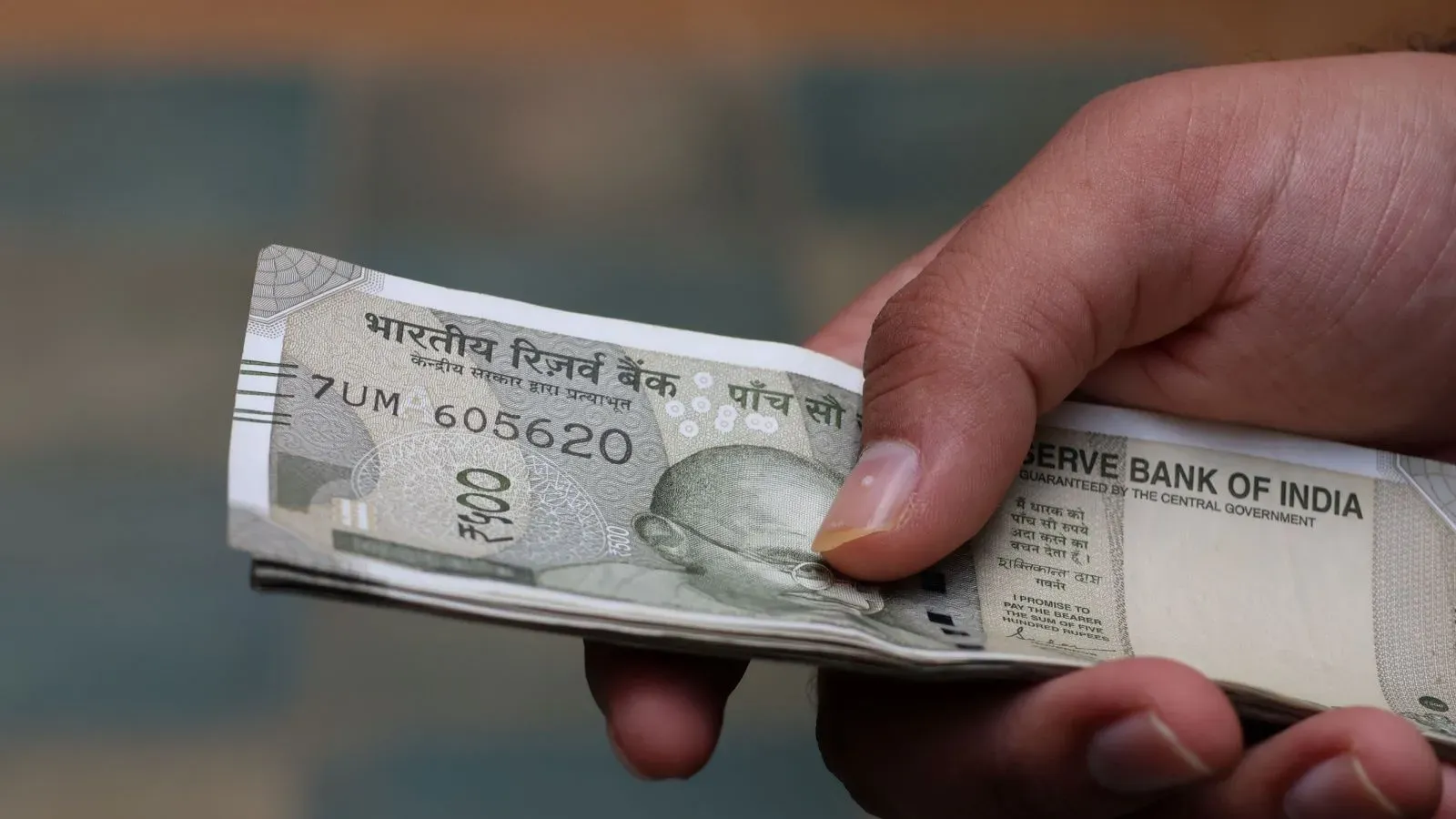Personal Finance News
8th Pay Commission: Not only salaries, leaves also changed in the 7th CPC — A look back
.png)
5 min read | Updated on May 17, 2025, 09:24 IST
SUMMARY
Ahead of 8th Pay Commission, take a look back at the leave-related recommendations of the 7th Pay Commission. The 7th CPC was not just about salary hikes. It recommended measures affecting almost all aspects of a Central Government employee's life.

Central Government employees are entitled to various paid leaves. | Representational image source: Shutterstock
In the lead-up to the 8th Central Pay Commission (CPC), we have reviewed various decisions of the 7th Pay Commission and the pay panels that were formed before it for the benefit of the Central Government employees.
But the 7th CPC was not just about salary hikes. It recommended measures affecting almost all aspects of a Central Government employee's life. One such was about leaves.
This article looks back at the leave-related recommendations of the 7th CPC.
Study Leave may be granted to employees with not less than five years’ service for undergoing a special course consisting of higher studies or specialised training in a professional or technical subject having a direct and close connection with the sphere of his duties as a civil servant. It is limited to 24 months, except for CHS officers who are allowed 36 months.
Eight days CL per calendar year. The number goes up to 10 days for Industrial Workers, 20 days for Defence Officers and 30 days for Defence PBORs.
For female employees with fewer than two surviving children on valid adoption of a child below the age of one year, for a period of 135 days immediately after the date of valid adoption.
CCL at 100 percent of the salary for the first 365 days, but at 80 percent of the salary for the next 365 days.
The 7th CPC recommended extending CCL to single male parents. For single mothers, it said the conditionality of three spells in a calendar year should be relaxed to six spells in a calendar year.
Commuted Leave not exceeding half the amount of half-pay leave due can be taken on a medical certificate.
30 days EL per annum can be granted to Civilian employees and 60 days to Defence personnel. EL can be accumulated up to 300 days in addition to the number of days for which encashment has been allowed, along with LTC.
The 7th CPC recommended that “vacational” staff be granted 10 days EL in place of 20 days Half Pay Leave.
EOL was abolished. It was granted to a government servant when no other leave was admissible or when other leave was admissible, but the government servant applied in writing for extraordinary leave.
This was also abolished. It was admissible only to defence officers for up to 60 days.
Besides the three National Holidays, employees are entitled to 14 Gazetted and 2 Restricted holidays every year.
Employees are entitled to 20 days of Half Pay Leave for each completed year of service, credited @10 days on the 1st of January and 1st of July every year. However, the 7th CPC said that HPL will not be available to “Vacational” staff.
LND is granted when the employee has no half-pay leave at credit and he/she requests for the grant of Leave Not Due. It is granted only on medical certification, if the leave sanctioning authority is satisfied that there is a reasonable prospect of the employee returning to duty on its expiry
Maternity leave is granted to women government employees for up to 180 days for pregnancy and 45 days in the entire service for miscarriage/abortion.
A male employee with less than two surviving children may be granted Paternity Leave for a period of 15 days during the confinement of his wife, up to 15 days before, or six months from the date of delivery of child.
SCL is granted to employees to cover their absence from duty for various occasions like sports events, cultural activities, participation in Republic Day Parade, voluntary blood donation, Trade Union meetings, etc. The 7th CPC recommened the government to consider the following suggestions about SCL:
- Review the purposes for which SCL is presently granted.
- Limit the number of purposes for which an employee can be granted SCL in a year.
- Limit the total number of days that an employee can be granted SCL in a year.
The 7th CPC recommended a new Work Related Illness and Injury Leave (WRIIL), which subsumed hospital leave, special disability leave, and sick leave.
It said full pay and allowances will be granted to all employees during the entire period of hospitalisation on account of WRIIL.
Beyond hospitalisation, the pay panel recommended that WRIIL should be governed as follows:
-
For Civilian employees, RPF employees, and personnel of police forces of Union Territories: Full pay and allowances for the 6 months immediately following hospitalisation, and Half Pay only for 12 months beyond that. The Half Pay period may be commuted to full pay with corresponding number of days of Half Pay Leave debited from the employee’s leave account
-
For Officers of Defence, CAPFs, Indian Coast Guard: Full pay and allowances for the 6 months immediately following hospitalization, for the next 24 months, full pay only.
-
For PBORs of Defence, CAPFs, Indian Coast Guard: Full pay and allowances, with no limit regarding period.
In the case of persons to whom the Workmen’s Compensation Act, 1923 applies, the 7th CPC said that the amount of leave salary payable under WRIIL shall be reduced by the amount of compensation payable under the Act.
However, no earned leave or half pay leave will be credited during the period that the employee is on WRIIL.
Related News
By signing up you agree to Upstox’s Terms & Conditions
About The Author
Next Story




